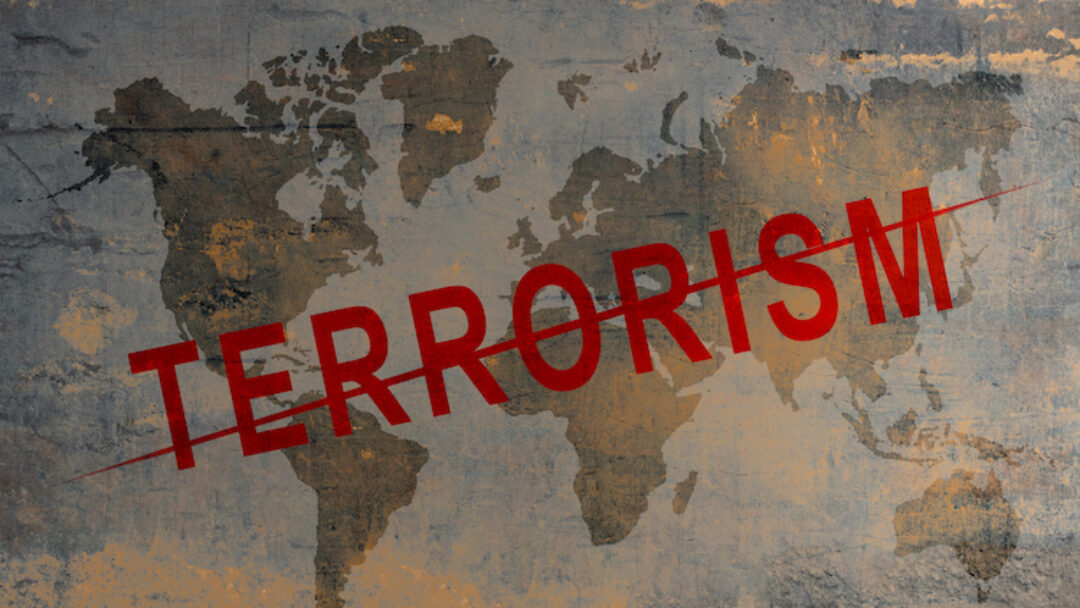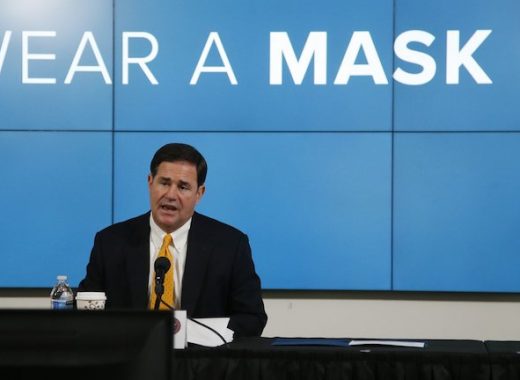Terrorism has become a pressing issue on the global stage, threatening the security and stability of nations around the world.
Recent terror attacks in Israel have sent shockwaves through the world and have had a profound impact on national security.
Christopher Wray, the director of the FBI, declared on Tuesday that the terror risk in the US has attained an all-time high since the October 7th assault on Israel.
At the Senate Judiciary Committee hearing, Wray remarked to Sen. Lindsey Graham, R-S.C., that he had never witnessed a period where all the risks or so many of them were heightened simultaneously.
“In other words,” Graham stated, “the blinking red lights pertaining to 9/11 were all lit before the attack, and for some reason, we failed to recognize them. Is there a possibility that similar warning signs may be around us now?”
Wray responded by sharing that the warning signs are visible in many places.
The U.S. government has been forced to reevaluate and enhance its counter-terrorism strategies, particularly in areas such as intelligence gathering, information sharing, and community engagement.
Intelligence agencies play a crucial role in identifying, preventing, and mitigating the impact of terror threats. Through their extensive network of informants, surveillance technologies, and data analysis capabilities, these agencies collect and analyze information to detect potential threats before they materialize. However, intelligence agencies face numerous challenges, including the difficulty of monitoring online communication channels, identifying lone-wolf attackers, and effectively sharing information across different agencies and jurisdictions.
Strengthening counter-terrorism measures: Lessons from Israel
Israel has long been at the forefront of the fight against terrorism, offering valuable lessons for other nations facing similar challenges. The country’s comprehensive approach to security, which includes a combination of intelligence gathering, targeted operations, and community engagement, has proven effective in thwarting terror attacks.
One key aspect of Israel’s counter-terrorism strategy is the emphasis on intelligence sharing and interagency cooperation. Different security agencies work in tandem to gather information, analyze data, and respond swiftly to potential threats. Additionally, Israel has developed a robust system of public-private partnerships, where technology companies collaborate with security agencies to develop innovative solutions for detecting and preventing terror attacks.
The role of technology in identifying and preventing terror attacks
Technological advancements have revolutionized the way terrorism is identified and prevented. Artificial Intelligence (AI), data analytics, and social media monitoring tools have become indispensable assets in the fight against terror threats. These technologies enable intelligence agencies to sift through vast amounts of data, identifying patterns, and detecting potential threats in real-time.
Technology plays a critical role in securing critical infrastructure, transportation systems, and public spaces. Advanced surveillance systems, biometric identification, and facial recognition technologies have become vital components of enhancing physical security and preventing terror attacks.








